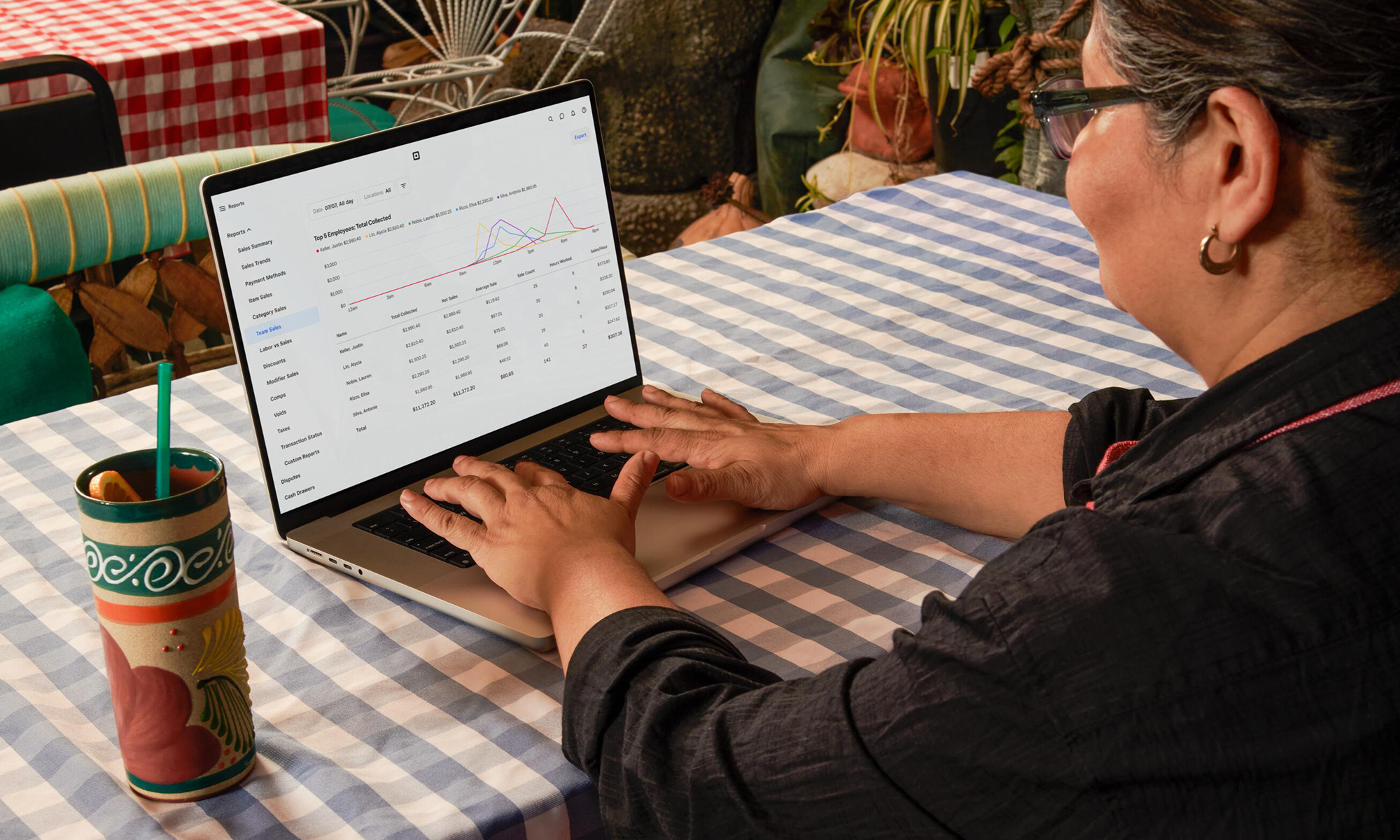During market downturns like the recent coronavirus market crash, it's tempting for investors to spend most of their efforts sifting through beaten-down stocks in search of bargains. But investors shouldn't overlook high-quality companies that have managed to impress during these times. There are times in which quality is worth its steep price tag. This is the case for Square (SQ +1.59%) -- a point-of-sale and financial technology company whose revenue growth has soared in recent years.
Here's a closer look at why this growth stock is worth its premium price.

Image source: Getty Images.
Rapid growth
Square has consistently grown at rapid rates. In its most recently reported quarter, revenue rose 44% year over year to $1.38 billion. However, for a more accurate look at underlying business growth, investors can exclude sales from food-delivery platform Caviar in the year-ago quarter since Square recently sold that business unit to DoorDash. This adjustment translates to 51% growth in the company's revenue -- an acceleration from 46% and 45% adjusted growth in the fourth and third quarters of 2019, respectively.
Square's strong top-line momentum recently has been driven by a combination of growth from its gross payment volume across its point-of-sale solutions and from services it provides to sellers.
Square's competitive edge
But strong business growth isn't valuable to investors unless it can be sustained over the long haul. Fortunately, Square has a strong competitive advantage in the form of a flywheel of products that serve sellers from many different touchpoints, including point of sale (hardware and software), working capital loans, payroll, menu management, third-party software integration, online stores, and more.

Square's platform for restaurants. Image source: Square.
Of course, Square's business model isn't exempt from the headwinds generated by COVID-19. During the last two weeks of the tech company's first quarter, gross payment volume across its platform was down 39% year over year. But the company's broad base of services helped offset some of this pain. Revenue from its subscription and services-based offerings was still growing toward the end of the quarter, albeit at a decelerated rate. Further, online transactions across its platform were largely unaffected by COVID-19.
More importantly, Square saw a surge of interest in its products as companies turned to Square's platform to help them adapt. Indeed, early data on the sellers onboarding to the company's services since COVID-19 sent the economy reeling shows that they are, on average, larger on both a transaction volume and a gross-profit basis than seller sign-ups earlier in the year.
While COVID-19 will take a toll on Square's revenue growth in the near term, many of the company's services have notably become more mission-critical than ever. Square's suite of seller services combined with its point-of-sale offerings will position it well to gain market share from sellers as they adapt to these unusual times.
A look at Square stock's valuation
A quick glance at Square's valuation could lead investors to conclude that its shares are overvalued. The company trades at steep price-to-sales and price-to-earnings ratios of 7.3 and 120, respectively.
But a surface-level look at Square's valuation metrics misses key elements to its growth story and competitive positioning, including its strong top-line growth, how entrenched its customers are in its systems, its positioning amid strong secular tailwinds like businesses' digital transformations, and its substantial gross profit growth potential.
That last point in particular is worth a closer look. While Square's 40% boost to gross profit last quarter was notable, it understates the company's momentum on this key profitability metric. Square's higher-margin subscription and services-based offerings are generating outsize gross profit growth, with gross profit increasing 61% year over year in Q1. Further, one catalyst within this segment is growing at an extraordinary rate. Gross profit for Cash App -- a consumer-facing peer-to-peer payment app with a growing suite of financial services for its users -- jumped 115% year over year in Q1. As these services grow and provide larger shares of Square's revenue, this could accelerate its bottom-line progress.

Cash App. Image source: Square.
Risks
No investment, of course, is without risk. Buying growth stocks is particularly risky since the market has already priced years of strong growth into their valuations. Investors without the stomach to hold shares for the long haul and endure significant volatility along the way should therefore avoid Square. Further, investors would be wise to keep their positions small given the significant haircut the stock could take if the company falls short of investors' high expectations.
In addition, Square is up against some fierce competition, namely Shopify. But there's plenty of room for multiple solutions and providers in this market. The overall digital transformation market is expected to grow from $290 billion in 2018 to $665 billion in 2023. Moreover, investors don't have to guess whether or not Square is fit to hold its own against competition; recent execution already proves its strong value proposition to sellers. Square has clearly carved out a strong position for itself in a fast-growing market.
Overall, this stock's pricey valuation today is well-deserved. It's is a reflection of the great momentum Square has. Investors who buy and hold the stock for the long haul could be rewarded handsomely.







